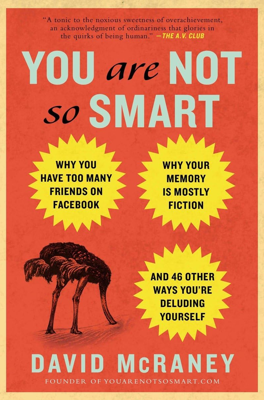Learned Helplessness
Misconception:
If you are in a bad situation, you will do whatever you can do to escape it.
Truth:
If you feel like you aren’t in control of your destiny, you will give up and accept whatever situation you are in.
Learned Helplessness Experiment
- Martin Seligman (1965): Conducted experiments to test the concept of learned helplessness using dogs. Initially, dogs were conditioned with electric shocks after hearing a bell, restrained to prevent movement. When transferred to a box where they could escape, the previously conditioned dogs did not attempt to escape, unlike unconditioned dogs or those previously allowed to escape.
Human Application of Learned Helplessness
Explanatory Style:
- Personal: Individuals blame themselves or uncontrollable forces.
- Permanent: Belief that the situation will never change.
- Pervasive: Belief that problems affect every aspect of life.
These attitudes increase susceptibility to learned helplessness, particularly in the clinically depressed who often internalize failures.
Real-Life Examples and Studies
- Voting: People may not vote because they believe their vote doesn't matter—an example of learned helplessness.
- Victims in Abusive Situations: Battered women, hostages, abused children, and prisoners may refuse to escape because they have accepted the futility of trying.
- Ellen Langer and Judith Rodin (1976): Found that giving nursing home residents responsibilities and choices improved their health and well-being.
- Homeless Shelters: Residents are less likely to improve their situation when they have no control over simple choices.
- Charisse Nixon's Classroom Experiment: Demonstrated how students with difficult initial tasks succumb to learned helplessness when compared to peers with easier tasks.
Psychological Insights
- High-Stress Environments: Continuous exposure to stress without escape leads to resignation and passivity.
- Cancer Study in Rats (Seligman): Demonstrated that rats with no escape from shocks showed higher mortality rates from cancer compared to those that could escape or were not shocked.
Impact of Choice and Control
- Importance of Small Choices: Even trivial choices can combat feelings of helplessness.
- Encouraging Failure: Emphasis on the value of failing and learning from it helps counteract the tendency to succumb to despair.
Conclusion
- Human Resilience: Although humans can fall into patterns of learned helplessness, awareness and active engagement in making choices can help overcome it.
